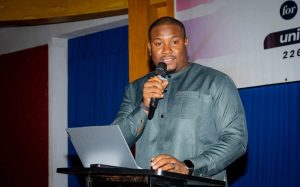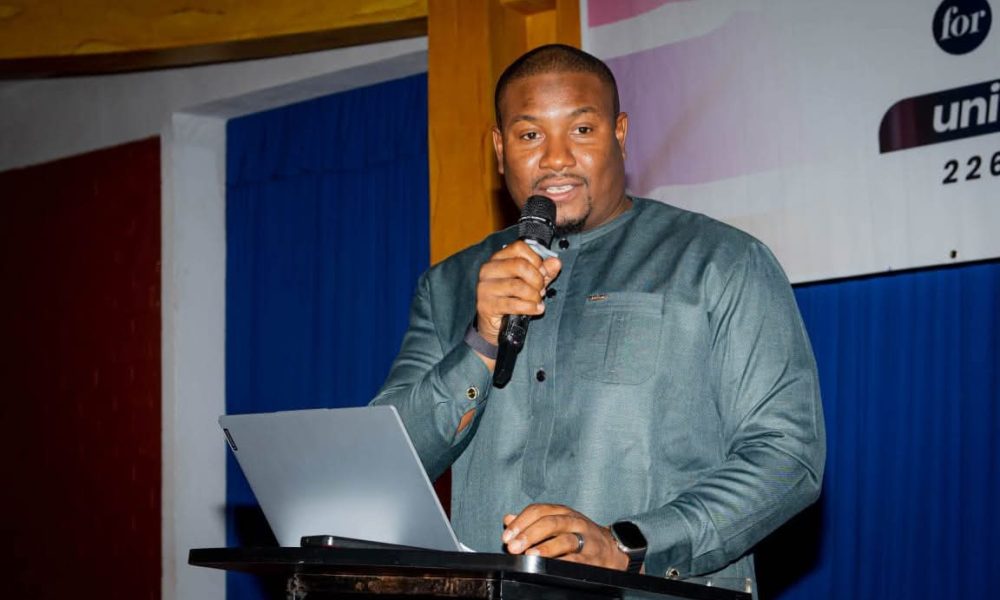In many developing democracies, the intersection of wealth, influence, and political ambition often gives rise to what might be described as the bourgeoisie syndrome a phenomenon where the privileged few become insulated from public scrutiny, and the ordinary citizen learns to fear challenging them. This syndrome threatens the very foundation of democratic accountability, which depends on openness to criticism and the ability of citizens to freely question those in authority.
In the Gambian context, a recent incident has reignited public debate on this issue. The mother of an aspiring presidential candidate reportedly took legal action against an individual in the person of Alhagie Mamadi Kurang for allegedly defaming her. While every citizen has the right to seek redress under the law, the broader implications of such actions in a political climate like ours cannot be ignored. When those close to power react punitively to criticism, it sends a chilling message to the public: dissent is dangerous.
This raises an important question if lawsuits are being filed now, before power is attained, what might happen if that same circle ascends to the highest office in the land? Would freedom of expression and the press survive unscathed, or would critical voices find themselves silenced under the weight of influence?
For Talib, the aspiring leader in question, this moment offers an opportunity for reflection. Leadership is not merely about ambition or vision; it is equally about temperament and tolerance. Advising his mother to embrace criticism would not only demonstrate maturity but also signal his own readiness for democratic leadership. Public figures whether politicians, activists, or family members of candidates must understand that scrutiny is not hostility; it is a necessary ingredient of transparent governance.
In The Gambia, where political culture is still evolving, such incidents should compel us to examine the broader implications of privilege in public life. Democracy cannot flourish in a culture where wealth and influence create immunity from public accountability. The “bourgeoisie syndrome,” if left unchecked, could transform our democracy into an elitist enclave where the powerful act without restraint and the ordinary citizen remains voiceless.

True leadership is measured not by one’s ability to suppress criticism, but by the capacity to listen, engage, and learn from it. If our leaders and those around them can embrace this principle, The Gambia’s democracy will not only survive but thrive.





